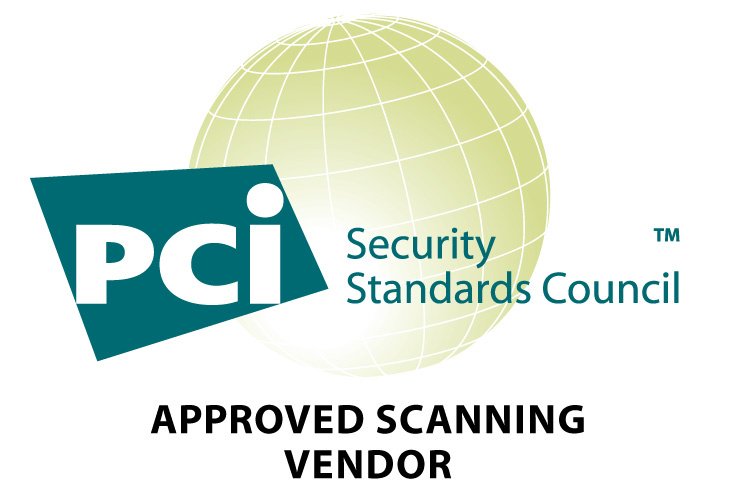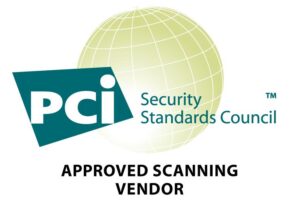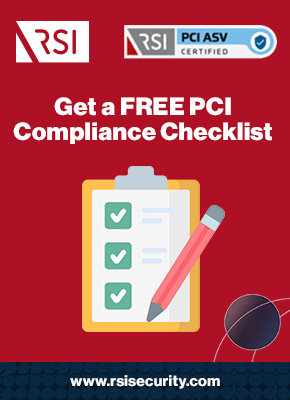
We all know that achieving PCI Compliance for a company can lower the risk of a security breach. There are seemingly endless requirements to follow in order to be considered compliant by the PCI Security Standards Council. With so many requirements, how can companies, especially larger ones be sure that they are in line with all of them? The answer is to work with a qualified security assessor to determine compliance.











